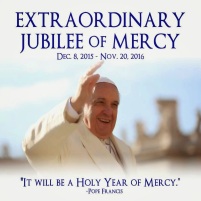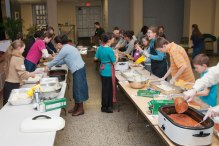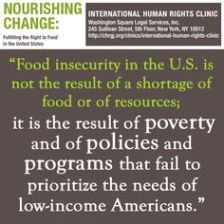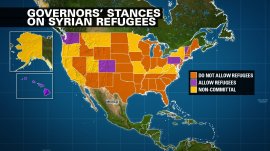For December I shall be adapting sections from “Advent Reflections 2018, Paths to Peace”:
PATHS TO PEACE – ecospiritualityresources.files.wordpress.com
Christians often refer to the Christ Child as the Prince of Peace. Many groups exchange a sign of peace during their services. When someone dies, we sometimes say: May s/he rest in peace. We pray for peace in our world, our families, our selves. Nobel awards a Peace Prize. We assume that the Cosmic Christ’s reign will be one of Peace on Earth. Let’s ponder the challenges of “peace.”
How do you feel when applying Pope Francis’s words to personal and national/international situations: “Peacemaking calls for courage, much more so than warfare. Only the tenacious say yes to encounter and no to conflict; yes to negotiations and no to hostilities;  yes to respect for agreements and no to acts of provocation”?
yes to respect for agreements and no to acts of provocation”?
In the Hebrew Bible, “shalom” is translated “peace.” (The image here includes “shalom” in Arabic and Hebrew.) Shalom is about wholeness. Each part of us (e.g., cells, organs, systems) is a whole entity, working for the good of the greater whole. Each person is part of larger wholes. Ultimately we are integral parts of our interconnected, expanding creation. No one and no thing can be excised from that whole. “When we try to pick out anything by itself, we find it hitched to everything else in the Universe.” (John Muir) Justice demands that each be given its proper respect.
Note that shalom is not the absence of tension or even of conflict. Think how our Universe somehow began with an expansion of particles and light and the repeated transformation of these particles as they gave themselves to become the next generation of elements within evolution. Eventually supernovas exploded so that the remains could become our solar system — and everything in it, including ourselves.
Death and conflict pervade creation, yet from the beginning, creation has kept in balance and harmony. Earth repaired disequilibriums whenever that was necessary. (E.g., when too much oxygen threatened the health of the atmosphere, Earth “invented” respiration to assure the presence of the right amount of carbon dioxide (CO2) to foster life. This required eons.) We know from experience that we, too, can heal, though sufficient time must be allowed.
Others have shed light on the meaning of peace. Margaret Anna Cusack (foundress of the Sisters of St. Joseph of Peace in the 19th century), emphasized the biblical conception of peace not as the absence of hostility but as the establishment of right relationships based on justice. Pope Paul VI repeated this concept in his famous 1972 quote: “If you want peace, work for justice.” The world awoke to yet another aspect of peace when Wangari Maathai won the Nobel Peace Prize in 2004 because of her efforts to save the environment and plant trees, thus contributing to social and ecological justice. How would you explain that to someone who didn’t understand why she won the award?
What right relationships based on justice seem most needed in our personal lives, our groups, our nation, church, and Earth? How can justice bring peace to these issues? What difference happens when we use positive words rather than negative ones, e.g., “work for justice” instead of “war on poverty”?
 As we ponder the gift of Jesus’s example and teachings this Advent, let’s remember that “justice and righteousness” are needed to keep ourselves and the entire web of life whole/at peace. Any single thing we do for peace will affect many people, many other issues. As with the mobile (on the left), touching any one part affects the whole. Butterfly wings flapping somewhere influence weather patterns elsewhere; stones cast into water result inripples that extend and intersect. We cannot do one thing in our interconnected universe!
As we ponder the gift of Jesus’s example and teachings this Advent, let’s remember that “justice and righteousness” are needed to keep ourselves and the entire web of life whole/at peace. Any single thing we do for peace will affect many people, many other issues. As with the mobile (on the left), touching any one part affects the whole. Butterfly wings flapping somewhere influence weather patterns elsewhere; stones cast into water result inripples that extend and intersect. We cannot do one thing in our interconnected universe!



